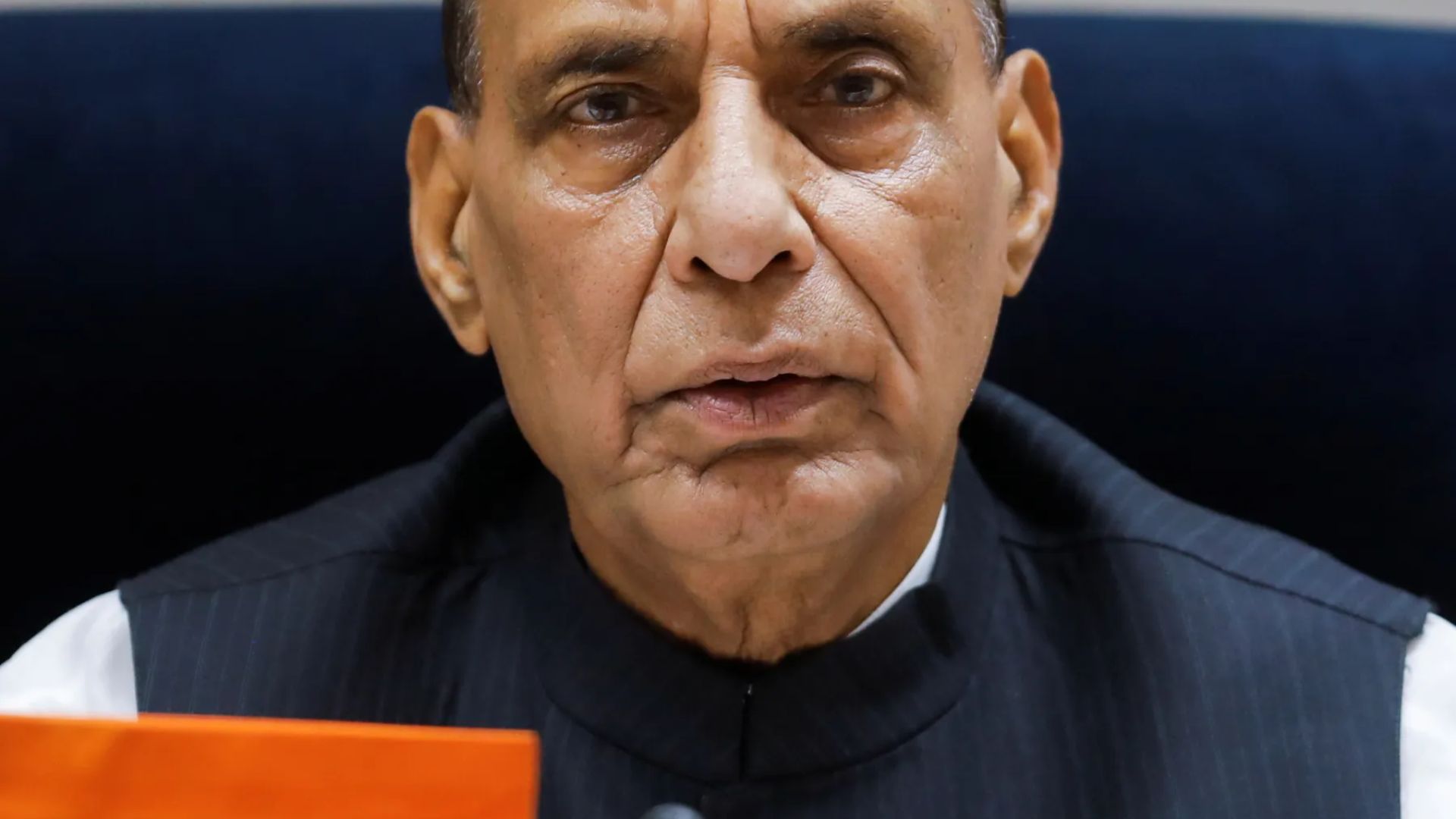Defence Minister Rajnath Singh is set to embark on a five-day visit to the United States beginning August 21, following the clearance of the MQ-9B Predator drone deal with amendments and the Indian Navy’s collaboration with HawkEye 360 under the QUAD Indo-Pacific Partnership for Maritime Domain Awareness (IPMDA). The Defence Acquisition Council (DAC) approved these developments during a meeting on July 31, according to sources familiar with the matter.
During his visit, Singh will focus on strengthening defence ties with U.S. Defense Secretary Lloyd Austin at the Pentagon on August 23. The India-U.S. armed UAV deal has been finalized after the DAC approved changes related to the indigenisation percentage and the exclusion of a DRDO-developed anti-shipping missile from the Predator drones. The indigenisation requirement has been set at 30%, and the plan to integrate the DRDO missile was dropped due to the high costs demanded by General Atomics, the manufacturer of the MQ-9B Predator.
The finalized deal involves the acquisition of 31 MQ-9B UAVs by India, valued at $3.9 billion, including missiles and guided bombs. In addition, the Modi government has given the green light for the Indian Navy to join the IPMDA, which was initiated by the QUAD nations in May 2022. This collaboration will see the Indian Navy partnering with HawkEye 360, a commercial satellite operator, to enhance transparency in the Indo-Pacific region. HawkEye 360 operates around 36 satellites, providing critical data to QUAD nations on activities like dark shipping, terrorism, and arms trafficking, as well as monitoring vessels that switch off their transponders to conduct covert operations in the Indo-Pacific.
The HawkEye 360 satellites are capable of detecting radio frequency emissions from vessels that have deliberately deactivated their transponders, similar to the tactics used by pirates in the Gulf of Aden and terrorists targeting warships in the Arabian Sea. The IPMDA aims to ensure that QUAD nations are aligned in maintaining freedom of navigation in the contested waters of Southeast Asia. The Indian Navy is expected to formalize its partnership with HawkEye 360 following government instructions.
Meanwhile, the India-U.S. agreement on the transfer of technology for GE-414 engines, which will power the Tejas Mark II, is progressing as planned. However, there have been delays in the off-the-shelf supply of GE-404 engines, which are used in the Tejas Mark IA fighter jets. India has raised this issue with the U.S., and Singh is expected to stress the urgency of the matter during his visit.
During his U.S. trip from August 21-25, Singh is also anticipated to discuss rising Asian powers like China and the threat posed by non-state actors using drones to target merchant vessels, particularly in the context of the ongoing Israel-Gaza conflict. Notably, Singh’s visit to the U.S. coincides with Prime Minister Narendra Modi’s state visit to Poland and war-torn Ukraine.






